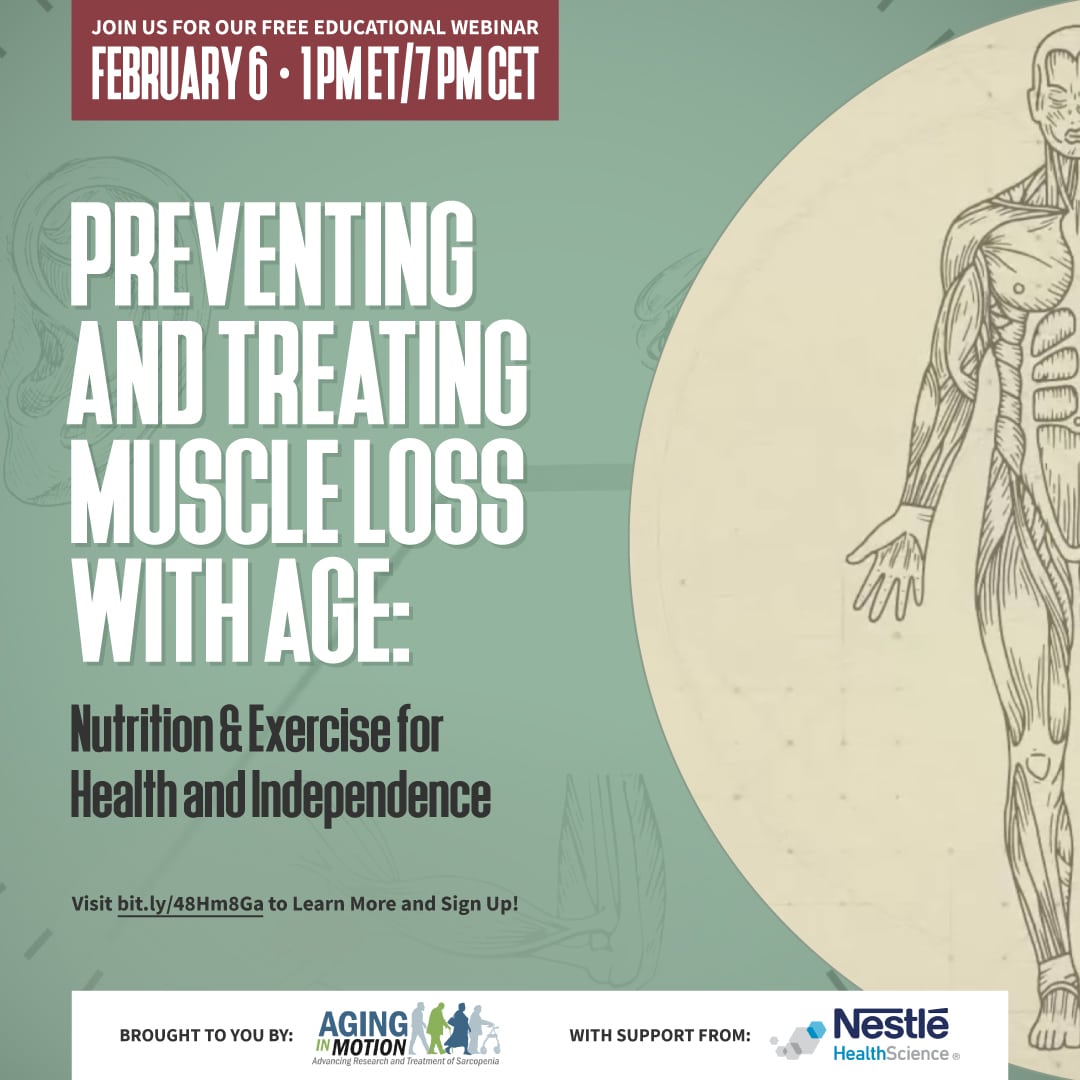There are many ways you can help accelerate the pace of scientific discoveries and their application to vastly improve the universal human experience of aging and health:
Drug Pricing

The Alliance for Aging Research believes that all people should have access to high-quality healthcare. However, older adults and people with disabilities are increasingly exposed to high out-of-pocket (OOP) costs for medically-necessary medications. Research continues to show that increases in patients’ out-of-pocket costs lead to lower drug adherence, higher mortality, and increased overall healthcare costs. Policymakers must work to improve patient affordability.
However, not all proposals to address prescription drug prices are equal. Some proposals may actually harm older adults by restricting access to innovative cures or set drug prices using formulas that discriminate based on age or disability.
The Alliance for Aging Research is advocating for meaningful drug pricing reform through the following initiatives:
- Addressing Older Adults’ Out-of-Pocket Drug Costs
- Education on the Discriminatory and Harmful Patient Impacts of International Reference Pricing
- Opposing Use of Pricing Recommendations from the Institute for Clinical and Economic Review in Medicare and Medicaid
- Moderating Drug Price Increases
Addressing Older Adults’ Out-of-Pocket Drug Costs
The Alliance for Aging Research leads Project Lower Out of Pocket (LOOP). Project LOOP advocates for two policy changes to the Medicare Part D program to make prescription drugs more affordable for older adults. We are advocating for a cap in the drug benefit design for Part D plans that would set a ceiling on the total out-of-pocket costs a beneficiary would pay in a calendar year. Secondly, we are advocating for a “smoothing” mechanism in Part D that would allow patients to pay for their high-cost medication over a year over the course of the benefit year rather than all at once. Visit www.loweroutofpocketcosts.org to learn more.
Related Alliance Resources:
- 132 Patient, Disability & Provider Organizations Urge Congress to Enact Meaningful Reforms to Improve Prescription Drug Affordability for Older Adults in Medicare Part D
- Alliance Submits Feedback on Chairman Wyden’s Principles for Lowering Drug Prices
- Alliance for Aging Research Outlines Drug Pricing Priorities to Congressional Leadership
- Alliance for Aging Research Thanks House Democrats for Seeking Bipartisan Approach to Drug Pricing Reform
- Alliance Submits Testimony for Energy & Commerce Committee Hearing on Prescription Drug Costs
- Opinion: “Medicare Beneficiaries Can’t Wait for Lower Drug Prices” by Amy Niles and Michael Ward (The Hill)
- Patient Advocacy Groups Call for Bipartisan Action to Alleviate Older Americans’ Undue Medicare Part D Cost Burden
- Opinion: “Why Drug Costs for Older Americans Should be Capped in Pandemic’s Wake,” by Susan Peschin (The Hill)
- New Survey Shows Older Adults Are Willing to Pay More in Monthly Medicare Premiums to Ensure a Cap on Out-Of-Pocket Prescription Drug Costs
- Opinion: “Smoothing Medicare Beneficiaries’ Out-of-Pocket Drug Costs,” by Susan Peschin and Marc Boutin (Morning Consult)
- Blog: Addressing Out-Of-Pocket Prescription Drug Costs for Older Adults
Education on the Discriminatory and Harmful Patient Impacts of International Reference Pricing
International drug reference pricing models would base the prices paid by Medicare or Medicaid on those paid by other countries, most of whom have very different healthcare systems and value different outcomes than the U.S., and reduce access to innovative medical products on the market. Unfortunately, these reference countries often use discriminatory methodologies that limit coverage and access to new medical treatments for older adults and people with disabilities. The implementation of international reference pricing would mean that some patients and people with disabilities have diseases that are too expensive to receive care, and will likely result in healthcare rationing as it has in other countries.
The Department of Health and Human Services recently attempted to advance two international reference pricing models. The International Pricing Index (IPI) was first proposed by the U.S. Department of Health and Human Services in the fall of 2018 for Medicare Part B drugs, which was later revised and renamed the Most Favored Nation (MFN) model. The MFN would have set the price Medicare pays for prescription drugs in Part B (drugs administered in a physician’s office or hospital outpatient department) at the lowest price paid by a comparison group of to-be-named countries. Due to lack of opportunities for stakeholders to provide input – and likely harms to patients and care providers – multiple federal courts ordered the government to stop the implementation of the MFN in December 2020.
Related Alliance Resources:
- Podcast: How International Reference Pricing Would Impact Older Adults
- Alliance for Aging Research Submits Public Comment on CMS’ Most Favored Nation Model
- U.S. District Court Files 14-Day Nationwide Injunction for CMS’ Most Favored Nation Drug Pricing Model
- Alliance for Aging Research Files Brief Encouraging Federal Court to Delay Implementation of Administration’s Most Favored Nation Rule
- Alliance for Aging Research Blog: Q+A on the Most Favored Nation Drug Pricing Proposal
- Opinion: Most Favored Nation Executive Order on Drug Prices is a Scam for Seniors (STAT)
- Alliance for Aging Research Statement Opposing President Trump’s Executive Order on the International Pricing Index
- Patient Advocacy Groups Call for Bipartisan Action to Alleviate Older Americans’ Undue Medicare Part D Cost Burden
- Alliance for Aging Research Sends Letter to Congress Regarding its Drug Pricing Efforts
- Chairman’s Blog: Slowing Rising Prescription Drug Costs
- Opinion: “International pricing index ‘accomplishes nothing it sets out to do’,” by Susan Peschin and Duane Schulthess (STAT)
Opposing Use of Pricing Recommendations from the Institute for Clinical and Economic Review in Medicare and Medicaid
ICER creates reports known as “cost-effectiveness analyses” or “value assessments” that estimate how much a new medical treatment should cost. The reports use metrics, including the quality-adjusted life year (QALY), that place a lower value on treatments for older adults and people with disabilities. These reports can persuade insurers to deny coverage for treatments for older adults and dissuade pharmaceutical companies from developing drugs for rare diseases or conditions such as Alzheimer’s disease. ICER’s is currently advocating for Medicare and states’ Medicaid programs to utilize these problematic reports for drug pricing and coverage determinations. Visit www.icerfacts.org to learn more.
Related Alliance Resources:
- Opinion: “How Much Say Should Specialty Providers Have in Medicare Coverage Decisions?,” by Susan Peschin (Morning Consult)
- National Pharmaceutical Council Blog: “Considering the Needs of Older Patients in Value Assessments” by Susan Peschin
- Letter to the Editor: “Drug Pricing and the Broader Quality of Life,” by Susan Peschin (Wall Street Journal)
- Opinion: “Discrimination has no place in American prescription drug coverage,” by Sue Peschin (The Tennessean)
- Opinion: “Governors should reject unscientific and discriminatory approaches to drug pricing,” by Susan Peschin (The Hill)
- Opinion: “Cost-Effectiveness in Health Care Is Racist,” by Susan Peschin (Morning Consult)
Moderating Drug Price Increases
Older adults are all too familiar with having the price of their prescription medication increase from year-to-year. The reasons behind these price increases are complex, but the end result is higher out-of-pocket costs for patients. According to an analysis by the Kaiser Family Foundation, of the 2,879 reported brand-name and generic drugs covered by Medicare Part D plans, 60 percent had list price increases that exceeded the inflation rate between July 2016 and July 2017, which was 1.7 percent. When the list price of a drug increases over a short duration of time beneficiaries will have to pay more for their medications through cost-sharing. Previous policies in the Medicaid program required manufacturers to issue an additional rebate when average manufacturer prices for a drug increase faster than inflation, as measured by the Consumer Price Index for All Urban Consumers (CPI-U). The Alliance for Aging Research supports an inflationary cap as one of several effective tools to help stabilize patients’ Part D prescription drug costs.
The Alliance for Aging Research partners with organizations to advance patient-centered drug pricing reform. Additional information can be found on the How We’re Funded page.
Drug Pricing News & Updates
Drug Pricing News & Updates
Living Longer and Loving It
Sign up for our monthly e-mail newsletter for the latest information on
scientific research on aging and health.

The Alliance for Aging Research is a proud recipient of Candid’s Platinum Seal of Transparency.

The Alliance for Aging Research is proud to be rated a 4-star charity by Charity Navigator.




